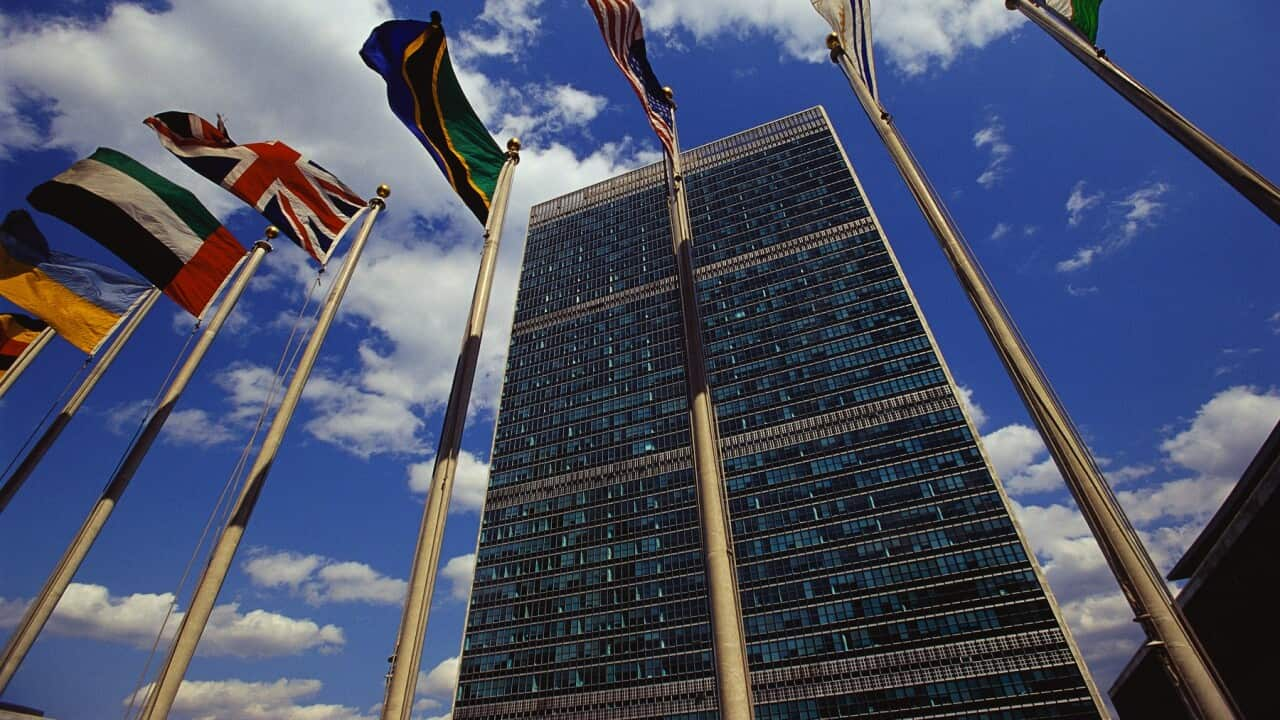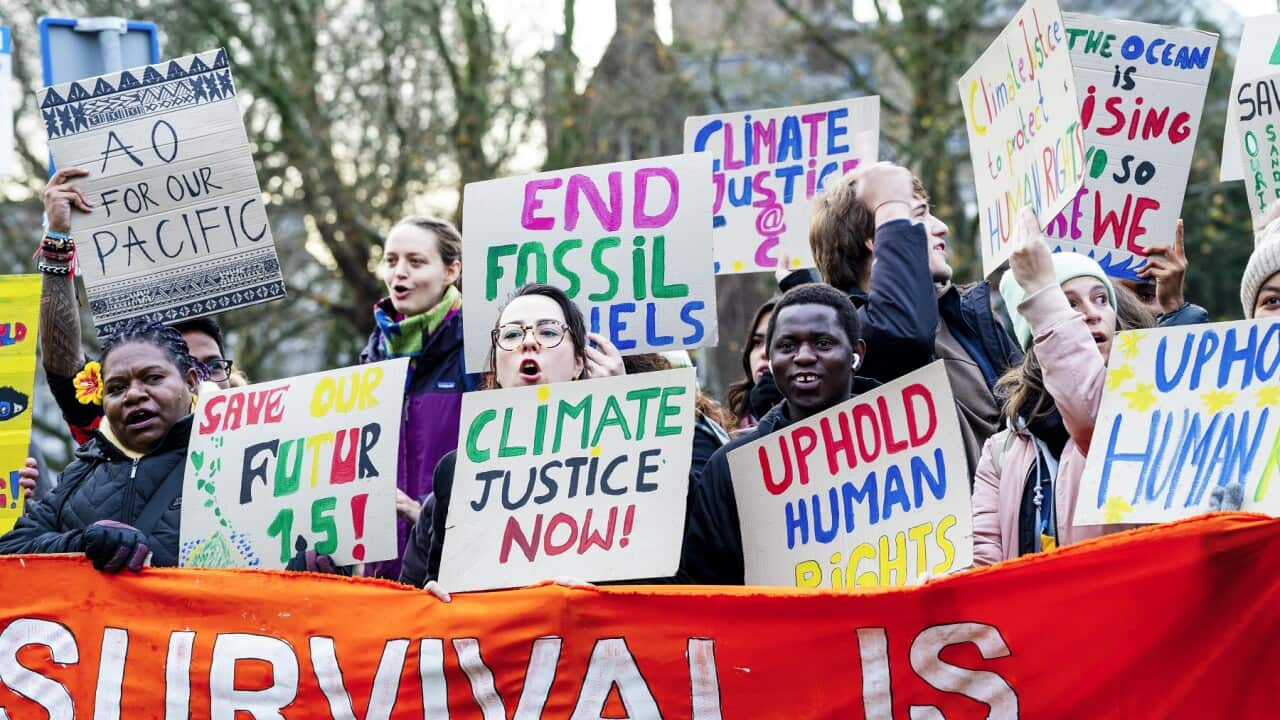TRANSCRIPT
“The poorest and most vulnerable of our societies are being left behind. And this is a reversal of a trend of 20 years of convergence. I was shocked when I saw the numbers. My colleague Yanchun (referring to UNDP Chief Statistician Yanchun Zhang), she showed me the numbers. I couldn't believe them. I had to ask them to redo it again because it's shocking to see that, given the pledge to ‘Leave No One Behind’; what we said during the pandemic, ‘Build Back Better,’ so that we redress inequalities, address climate change – it's shocking to see that we that we fell short and by how much we're falling short.”
A sobering message from the United Nations.. where a briefing in New York City delivers hard numbers on the state of the world.
Wealthy countries are enjoying new levels of prosperity, while half of the worlds poorest nations are seeing a decline in living standards.
Pedro Conceicao, Head of the UN Development Report Office, says one of the most troubling findings of the Human Developpment Report is the growing endangerment of women and girls, that resulted from the COVID-19 pandemic.
“One of the inequalities that has increased in the aftermath of the pandemic is gender inequality. In many parts of the world, gender inequalities increased dramatically during the pandemic."
It's a timely concern, as the 68th annual Commission on the Status of Women is taking place this week.
UN Secretary General Antonio Gutteres says the impacts of climate change and economic hardships continue to affect women and girls the most.
"This includes reports of rapes and the trafficking of women in Sudan, accounts of sexual violence and indications of sexualized tortured during the terror attacks carried out by Hamas in Israel, as recently identified in a United Nations report. Testimonies of sexual violence against Palestinian detainees is set out in the same report. And the decimation of maternity services in Gaza, where women and children reportedly make up more than two-thirds of the tens of thousands of people killed."
The UN's report is part of a bigger picture, Antonio Gutteres warns there will be long term harms if wealthy countries do not step up now to support women.
"We know that we are meeting in troubled times for the world and particularly for women and girls. The Sustainable Development Goals are off track, including goal five, gender equality. At our current rate, 340 million women and girls will still be living in extreme poverty by 2030, and we cannot allow this to happen."
The UN's Achim Steiner, the administrator of its development program, says the widening divide between rich and poor also threatens global stability.
"We are also seeing in many countries across the world a growing level of frustration, of polarisation and the emergence of populism as a response that is increasingly dividing societies, radicalising the political discourse, and essentially turning more and more people against each other.”
He urges nations to not see the report as a death knell but rather a wake up call.
“Please do not treat the report as a dead-end narrative. It's rather a red light flashing to the world. And I think in so many respects, we are an institution that, unfortunately has to remind the world every day that it does depend on each other.”













